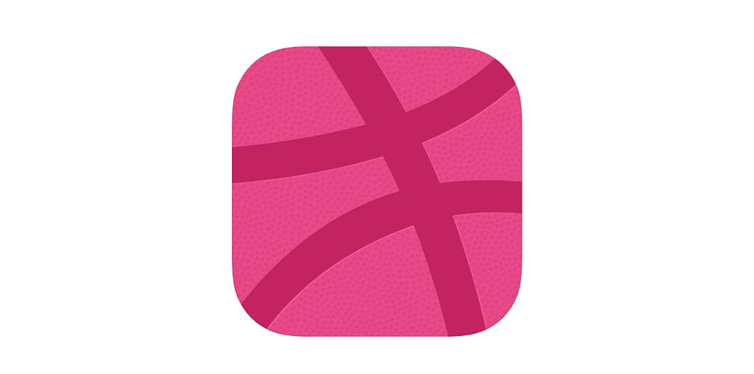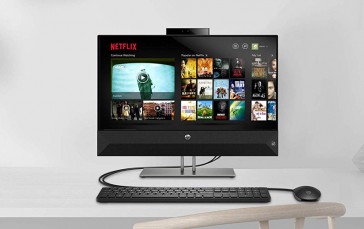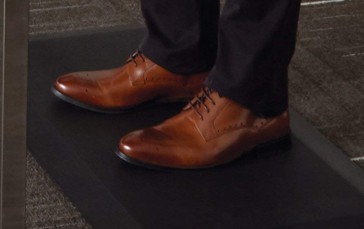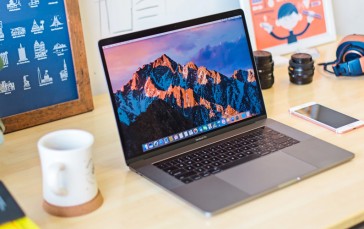Apps For Graphic Design
If there is one industry in particular that continues to benefit from ongoing software refinement, it’s graphic design. Progress in this industry tends to well up from the user base as much as it trickles down from the programmers with the result being a continuous chain of upgrades, add-ons, and entirely new graphic design apps for Android and iOS hitting the market on practically a weekly basis. So how do you find the best app for your needs?
Whether you work alone and need multiple apps for design as well as organization, manage a team and need apps that make collaboration effortless, or are just looking for something to help you sketch out your ideas, we’ve got you covered. Below are 20 of today’s best apps for graphic design, including the best free graphic design software, that will boost your creativity as well as productivity.
1. Adobe Photoshop Touch
Adobe Photoshop Touch is a remarkably effective tool for your mobile device. While the smartphone and tablet versions are slightly different, they should both be considered a must-have digital kit for the graphic designer on the go. There’s plenty of advanced functionality in play here including the ability to do things like color correcting on hi-res images on your handset while you’re stuck in traffic in the back of a taxi. Another reason Touch winds up atop our list of best graphic design apps is because of its broad compatibility with a full range of mobile platforms, which is something that can’t be said of all the graphic design applications out there.
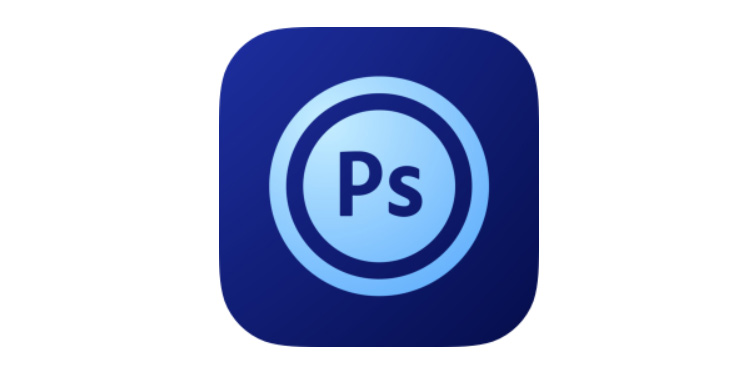
2. Adobe Illustrator Draw
Draw lets you use vector drawing tools to create dazzling freeform illustrations right on your mobile device. It provides the kind of creative freedom for mobile users that have long been rumored but until now were always “coming soon”. Draw can’t realistically compete with the desktop version of Illustrator yet, but its array of tool offerings is broad enough and community support deep enough that it may create a whole new genre of illustration and a corresponding new category of illustrators. Maybe the most astonishing thing about Draw is that this mobile graphic design app is free. And that’s likely to make a lot of people think twice about renewing their CC subscriptions next time around. As such, smart money says the “free” label has an expiration date. So, get it while you can.
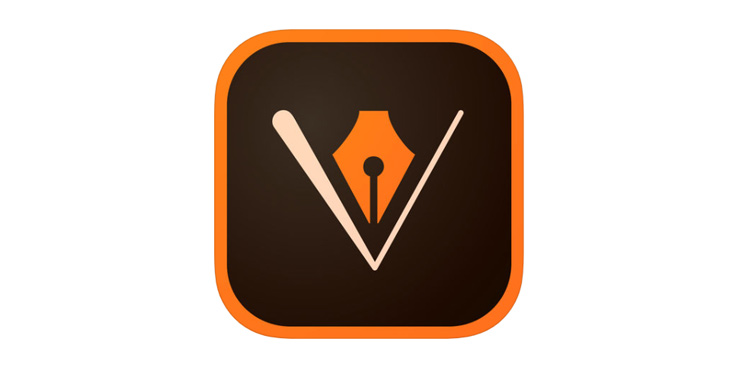
3. Evernote
Evernote may not be able to help you spruce up your Illustrator Draw creations, but it will help the busy graphic design pro stay organized, move work down the production line and sync their efforts with clients and coworkers. Evernote began life as a free app but the developers have moved aggressively away from that egalitarian model over the past year or two. Now the free app has become little more than an elaborate advertisement for its pay-to-play cousins while the Plus and Premium apps are where the real actionable features are. Still, it’s well worth the minimal investment (although good luck trying to figure out their cloud storage policies).
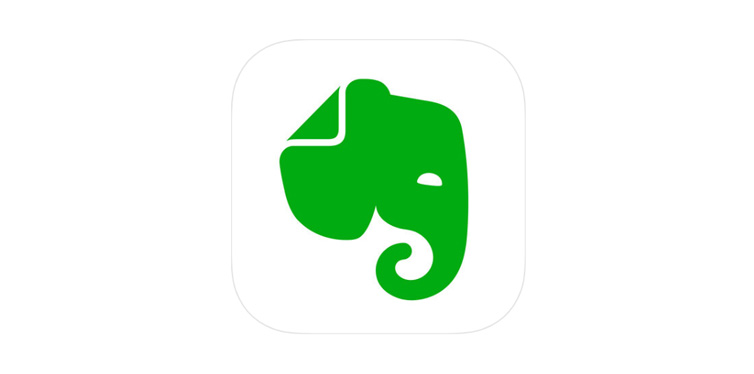
4. Assembly
Assembly is more oriented toward beginning designers who haven’t developed a sense of their own style yet but who are nonetheless driven to create. The people behind Assembly might take exception to that characterization but it’s true. Not that there isn’t something here for the accomplished designer too. There is. But the emphasis is on utilizing pre-made objects and shapes to quickly patch together logos, icons, basic scenes, backgrounds, and other building block elements of design. Assembly makes good use of the screen real estate and its tap-and-drag dynamic is well suited to mobile platforms. Maybe one of the best basic graphic design apps for iPhone. And that’s saying something.

5. Paper
Paper is a simple but rather ingenious sketchbook app that regrettably only works with iOS. Nonetheless, it does a great job of helping you connect your doodles, notes and concepts, organize your to-do lists and reminders, put those pics from your travel camera to work, and emerge from the forest of confusion and forgotten appointments into the world of the organizationally astute. Paper was launched with much fanfare back in 2012 and has a solid base of believers that expands slowly yet inexorably every year. And, best of all, it’s totally free. Although, if you don’t have an iPhone or iPad that won’t really matter.

6. Pixlr
Pixlr has been around for a while and it always amazes us that this feature-rich, easy-to-use free online photo editor isn’t more popular than it is. It’s the closest thing to Adobe’s epoch-defining software app you’re going to find anywhere and it’s absolutely free. Pixlr was firmly established in the cloud while most folks were still getting familiar with the external hard drive. In the years since it was introduced. it’s been continually refined and now boasts more than 600 effects along with all the layering, cropping, color management and other features you’d normally expect from programs that specialize in draining your bank account. Pixlr is fully compatible with both Android and iOS platforms and should be on every graphic designer’s radar.
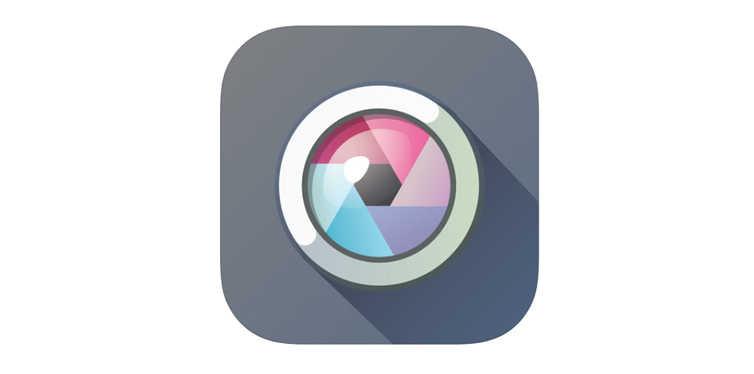
7. Pantone Studio
Pantone Studio is a design app that helps address a specific need of the graphic designer: it provides you the ability to harvest Pantone colors from the environment, assemble your own color palettes, and use them to create nextgen graphics. These can then be easily exported to your graphic design editing programs and shared with coworkers, clients and friends. When it comes to graphic design, color is king and Pantone Studio helps ensure the colors in your design are both accurate and – just as important – reproducible. Create palettes that are geo-specific, then tag them and save them for future reference. You’ll be light years ahead of the competition with Pantone Studio in your arsenal.
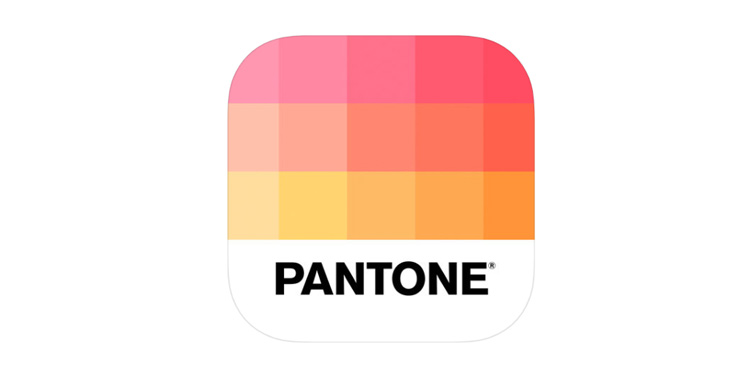
8. Snapseed
At one time not long ago, Snapseed was considered a must-have app for designers who worked from their handsets. Recently, however, Google remade their photo editing app and the results have been something less than spectacular. Gone are some of Snapseed’s most popular off-the-beaten-track filters like “grunge” and in their place are a few ho-hum standard design app features like “lens blur”. As a result, the newly reimagined app has the notable distinction of being less imaginative than before. Still, the things it does, it does well and so you’d be unwise not to have it on your smartphone or tablet.
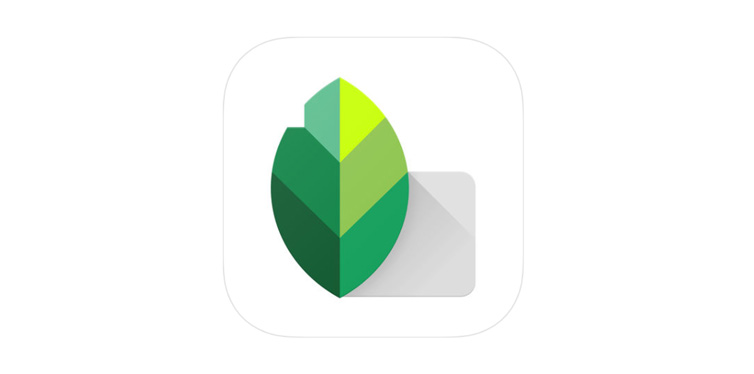
9. Layers
Some might see Layers as a way to create finished artwork and design, but for our money it’s more of a digital sketchpad that lets you empty your brain in a productive way while you’re sitting in the break room, riding on the subway, having lunch in the park or just lying on your sofa zoning out on a lazy Sunday afternoon. There are a number of basic tools to play with, including a decent selection of brushes, an eraser, a smudge tool, and the ability to work on up to 5 layers per piece. Sometimes the hardest part of a project is finding a way in. Layers will help you do that.
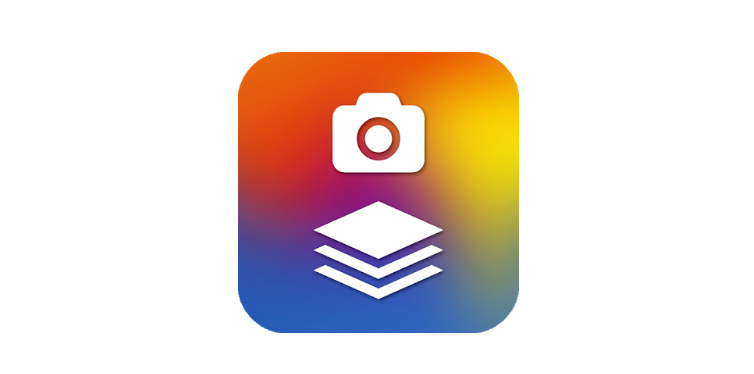
10. Marksta
Marksta allows you to easily watermark your creations and/or add a logo or some text to your project right from your latest model iPhone or iPad. Marksta has recently set its sights on busting free of standard boutique design app constraints however, by introducing a steady stream of new functions. Those include basic color management, the ability to add customized borders, the ability to adjust opacity, to reverse text, to save templates, view all of your changes in real-time and more. But while those new features point toward a more robust design app down the road, at the moment Marksta is still a watermark app first and foremost. And still one of those graphic design apps for iPhone only.
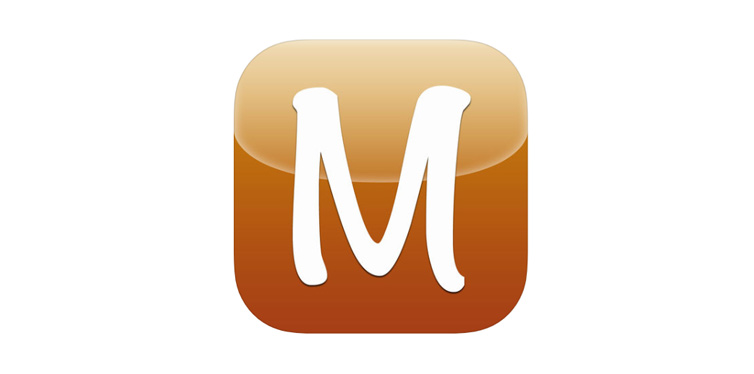
11. Typecast
Typecast is an impressive WYSIWYG for web designers that provides exacting control over typography and allows you to export web-ready HTML and CSS. With Typecast you can make global style changes in the blink of an eye, add custom styles via the built-in CSS editor, style headings, subheadings, paragraphs, and more with a few taps and share your labors via a working prototype that clients and coworkers can test drive and comment on. Since launching in 2011, Typecast has been continually refined and reshaped and every month it gets a little more impressive and a little harder to ignore.
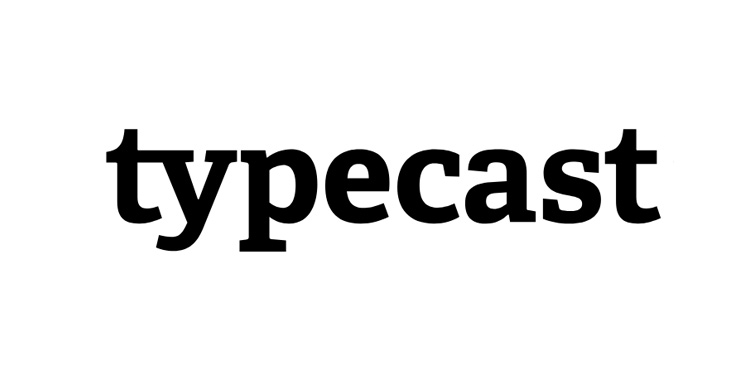
12. WhatTheFont
Ever run across an incredible font you just can’t place? Well, before that happens again, download WhatTheFont. With WTF identifying an unusual or unusually compelling font is no harder than taking a photo of the font in question and loading that picture into the app. WhatTheFont scans the photo, extracts the font, and checks it against a vast database of known fonts before providing you with a number of potential matches. There are a number of font identification apps out there, but WhatTheFont is perhaps the most consistently accurate. Which is what makes it one of our best graphic design apps.
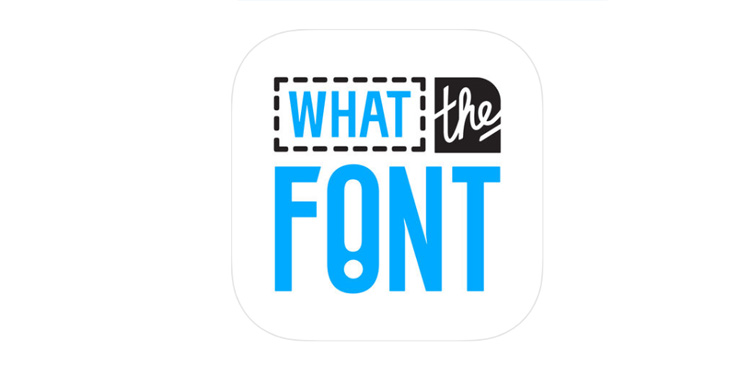
13. Mailstrom
In spite of predictions that it was on the cusp of becoming obsolete, the number of emails sent each day worldwide in 2020 was estimated at 306.4 billion (with a “b”). If you’re like most design professionals, you probably feel like half of those emails wind up in your inbox. But don’t despair because Mailstrom is here to help you grab the email bull by the horns and bring it under control. You may not think of Mailstrom as being one of the many graphic design apps for Android, and strictly speaking it’s not. What it is, however, is a way to organize, bundle, unsubscribe, prioritize and delete the clutter in your mailbox for about 6 bucks a month.
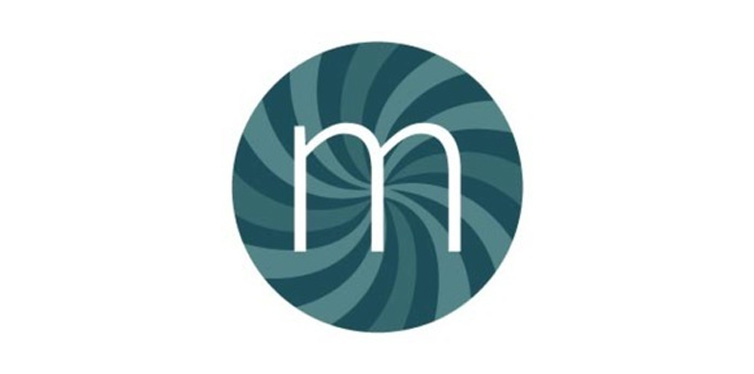
14. iA Writer
The most common question that arises in relation to iA Writer is: “Why would I abandon Word for something with a much less robust feature set?” The answer is, iA Writer is geared toward those who prefer to just write and leave all the formatting stuff until later. Truth be told, iA Writer is nothing more than a beefed-up version of Notepad: a no-nonsense app that eschews design considerations in favor of giving you the space you need to concentrate on the words themselves. Once you’ve composed your masterpiece, you can then copy it into Word if you like and make it all presentable. Or slide it over to the web team for formatting. And that’s its biggest strength: it’s easily shareable and doesn’t produce formatting you can’t use on a PDF or website.
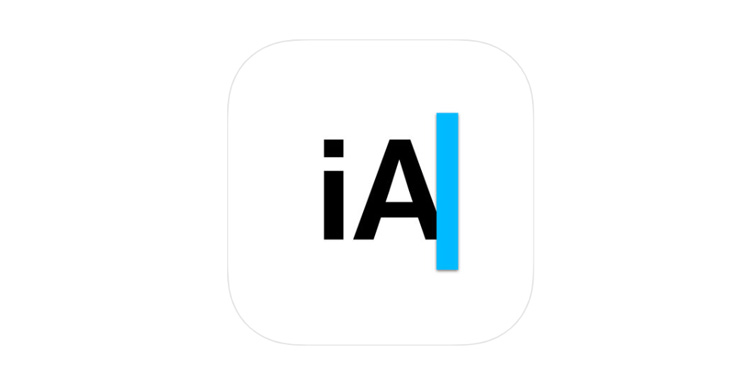
15. ScannerPro
ScannerPro allows you to create PDFs with searchable text by simply taking a photo of a document with your camera. While the process is too cumbersome to have much application around a busy law office, it might be just what the busy freelance graphic designer needs to fulfill their minimal document scanning requirements. Scanning documents can be a pain but it’s often necessary. Until now, unless your operation required dozens of scans every day, purchasing a desktop scanner made little financial sense. With ScannerPro, you can transform your smartphone into a mobile scanner that will produce the hi-res copies and occasional PDFs you need to keep your business on track, and all for less than $5. It’s the kind of common sense productivity app that gives developers a good name and helps talented, ambitious professionals obtain a competitive edge.
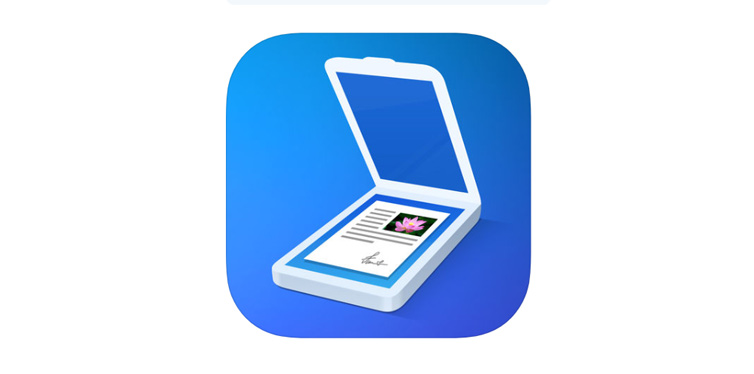
16. My Price
You can have a state-of-the-art standing desk but if you don’t know how to price your work you’ll likely find yourself overwhelmed and residing squarely behind the financial 8-ball shortly after you hang out your shingle. My Price helps you figure out the right price to charge for your services so you don’t wind up shooting yourself in the foot by charging too much or too little. My Price bases its estimates on a variety of variables, including hourly rate, years of experience, the type of job, the type of client, overhead costs, and what the market is charging for similar work. When it’s finished, you have a price you can be confident in.
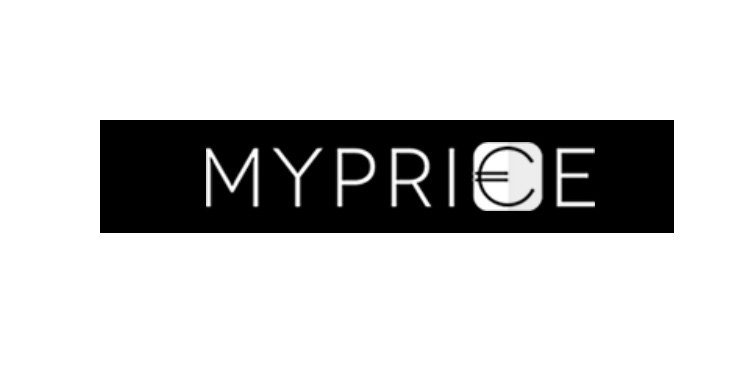
17. Invoice
Invoice is another accounting aid that helps you create professional-looking invoices, accept payments via credit cards, and track whether a particular bill has been sent, paid, or even viewed. These are the kind of tasks that can really chew up time and take a bite out of productivity, as well as creativity. But when you download Invoice to your Android or iOS handset, you are signaling the end of the line for the endless paper chase. You’ll know exactly where you stand in relation to each transaction and customer at any given time.
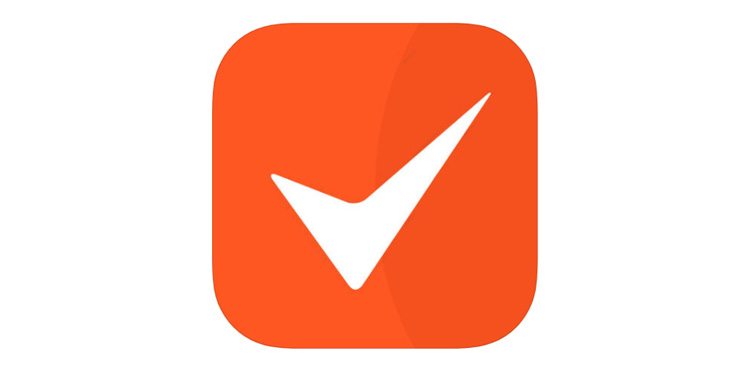
18. Adobe Preview CC
Often times when creating designs in Photoshop, it’s difficult to determine exactly what they’re going to look like when they’re actually in place. With Preview CC you get to see your Photoshop creations in real-time on the devices they’ll eventually be viewed with. This helps you identify and rectify problems before you send the design off to the client, eliminating the tedious and time-consuming (and reputation-damaging) process of waiting for client feedback, making revisions, resubmitting, waiting, making more revisions, and so on ad nauseam. It’s one of those productivity-centric design apps that can totally change the way you interact with your clients. Unfortunately, though, like a lot of apps for graphic design, it’s only available for iOS. So, nothing is perfect.
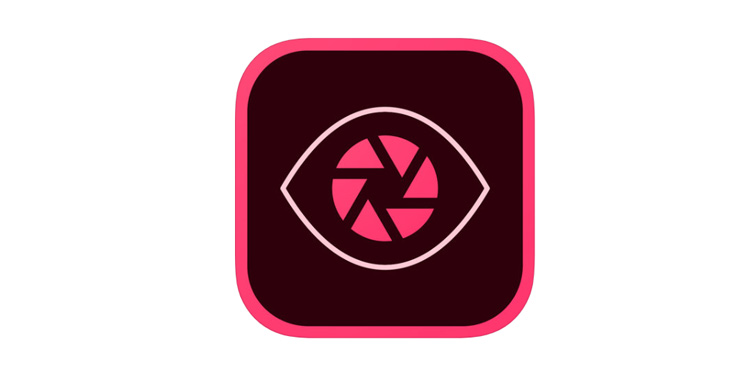
19. Behance
Behance is another Adobe product. This time the software behemoth is addressing the need for designers and aspiring designers to get feedback on their work, derive inspiration from the work of others, and network with other designers and potential customers. Behance is intended to be a talent showcase, a place to develop online portfolios, and a way for schools, businesses and other organizations to disseminate creative work. But Behance is not just for graphic designers, although you’ll find quite a few of them there. The service also targets fashion designers, engineers, costume designers, cartoonists, filmmakers, graffiti artists, and many, many more. If you feel like things are stagnating for you, Behance can help.
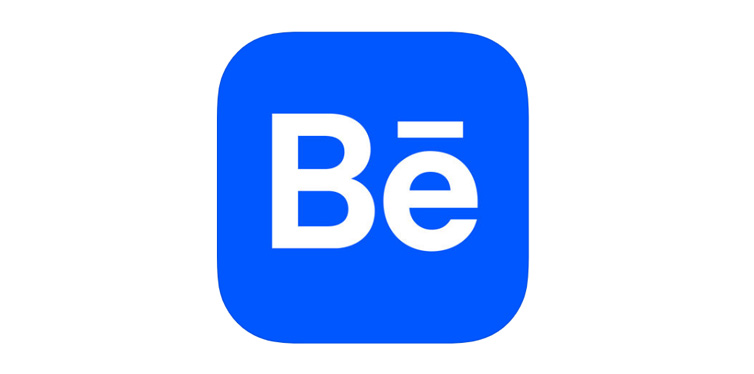
20. Dribbble
Dribbble, like Behance, is not in the running for best graphic design software. Instead, it’s intended as a kind of feedback loop where users post a snippet of what they’re working on and encourage input. There’s nothing new or groundbreaking about Dribbble. They’ve basically been able to thrive because, well, good designers are always looking for constructive criticism and Dribbble is a pretty reliable place to get it. When you visit Dribbble, you’ll notice they replace familiar business terms with basketball slang (a new image is a “shot”, a retweet is called a “rebound”, a popular project has reached “the playoffs” etc). Yet as silly as that is, it’s not enough to detract from the fundamental truth that if you crave the kind of feedback that can actually help, you stand a good chance of finding it on Dribbble.
